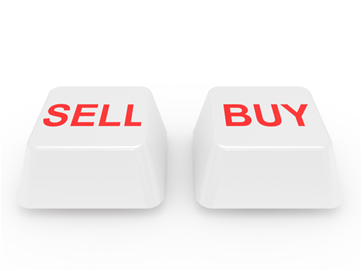 What are frontier markets?
What are frontier markets?
A frontier market is a less advanced capital market and is often located in the developing world. Unlike emerging markets and developed markets, frontier markets remain small, carry some inherent risk or are too liquid to be considered emerging yet. Because frontier markets usually end up being an emerging market eventually, they are also often known as ‘pre-emerging markets’, however, the term ‘frontier market’ coined by Farida Khambata in 1992, remains the most popular name. Despite being less developed than an emerging market, to be classed as a frontier market, a country must still have:
- No significant restrictions on repatriation of capital
- An authority to regulate their stock market
- T+5 or better
- Some form of trade-reporting process.
Twenty-nine frontier markets recognised by the MSCI Frontier Markets Index include, Argentina, Bahrain, Bangladesh, Burkina Faso, Benin, Croatia, Estonia, Guinea-Bissau, Ivory Coast, Jordan, Kenya, Kuwait, Lebanon, Lithuania, Kazakhstan, Mauritius, Mali, Morocco, Niger, Nigeria, Oman, Romania, Serbia, Senegal, Slovenia, Sri Lanka, Togo, Tunisia and Vietnam.
 Should you invest in them?
Should you invest in them?
Although frontier markets are smaller, less accessible and riskier to invest in than more established markets, they are still very desirable to investors, because they can offer substantial long-term returns. Investing in Frontier markets does carry a higher risk. However, this risk is partially offset by their potential to grow into a more stable and established market over time. That being said, nothing is stopping a frontier market from growing into an emerging market and then regressing to its former frontier status.
 The risks
The risks
Frontier markets are much higher risk than investments made within the United States, Europe or any other G7 nation. Although the potential returns from investing in a frontier market can be high, there are many dangers to consider. Some of the most common hazards that investors face when investing in a frontier market include inferior liquidity, a lack of regulation, political instability, inadequate financial reporting, volatile currency fluctuations and an insufficiently diversified economy.
The benefits
Despite their associated risks, there are also numerous benefits to investing in frontier markets. Firstly, frontier markets are often less dependent on the global monetary system due to their isolation from the rest of the world, which makes them less likely to be affected by global recessions or financial depressions. Frontier markets are also considered to be an essential part of a well-diversified portfolio, helping investors to spread their risk by placing capital in overlooked markets. And of course, there is significant profit to be made by investing in a market that is just taking off, and even a small increase in the standard of living could bring a substantial return on investment.
 How investing in frontier markets works
How investing in frontier markets works
Because frontier markets are so new, they often do not have developed stock markets; therefore, investments tend to be made privately or directly in startups or infrastructure. Some of the ways that you can invest in a frontier market include by buying real estate, starting a business or funding someone else’s business.
So there you have it – a quick guide to frontier markets. Have you ever invested in a frontier market? Would you consider it? Let us know in the comments.
You must log in to post a comment.